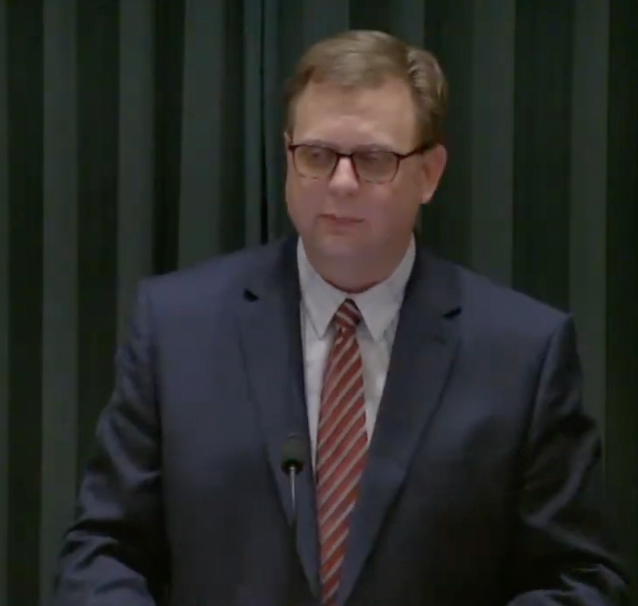
In this world today, materialism dominates as the prevailing philosophical model in the culture. And in the discourse on materialism versus spiritual belief, a central theme within Christianity stands out: Christ as the substitute for His people, appeasing God's wrath and His blood serving as the basis of the justification of God's elect. This theme fundamentally challenges the materialist viewpoint, which denies the divine and reduces existence to mere physical matter.
Materialism posits that the universe and life are products of random, mindless processes. However, this worldview falls short in explaining the origin and purpose of existence. Christianity provides a profound alternative: the belief that Christ, through His sacrifice, reconciled His elect people with God, satisfying divine wrath and justice. This act of substitution transcends the materialist perspective, introducing a dimension of divine intervention and purpose.
The creation of matter, often attributed in materialism to spontaneous emergence, is recontextualized in Christianity. God, pre-existing matter, brought it into existence with a specific plan in mind, the eternal Covenant of Grace. Central to this plan was the role of Christ, the Lamb of God, predestined to be the savior and mediator between God and His chosen people. His sacrificial death on the cross is not just a historical event but a divine act of salvation, addressing the sin and moral failings that materialism cannot explain.
Materialism struggles to account for concepts such as consciousness, morality, and beauty, often reducing them to mere chemical reactions or evolutionary processes. In contrast, the Gospel narrative places these elements within the framework of divine creation and redemption. The consciousness we experience, the moral laws we adhere to, and the beauty we perceive are understood as reflections of God's nature, made accessible and meaningful to His people through Christ's redemptive work.
Furthermore, Christianity challenges the materialist denial of transcendent values like the inalienable rights most Americans believe in, and the world's understanding of human dignity. Where materialism sees random patterns, the Gospel portrays a divinely orchestrated order, with men and women created in God's image and imbued with inherent worth, a worth that was affirmed through Christ’s sacrifice.
The transition from non-life to life, the complexity of DNA, and the existence of universal laws find deeper significance in the light of Christ's role as a substitute. These are not just random occurrences but part of a larger divine narrative, culminating in Christ's act of redemption. This perspective offers a coherent explanation for the existence and order of the universe, centered around the purposes of a just and merciful God.
While materialism offers a limited and often unsatisfactory explanation of reality, the believer's understanding of Christ as the substitute who satisfied God's wrath and justice provides a comprehensive and profound interpretation. It's a narrative that not only makes sense of the physical world but also addresses the deeper questions of purpose, morality, and destiny, anchoring them in the redemptive work of Christ.